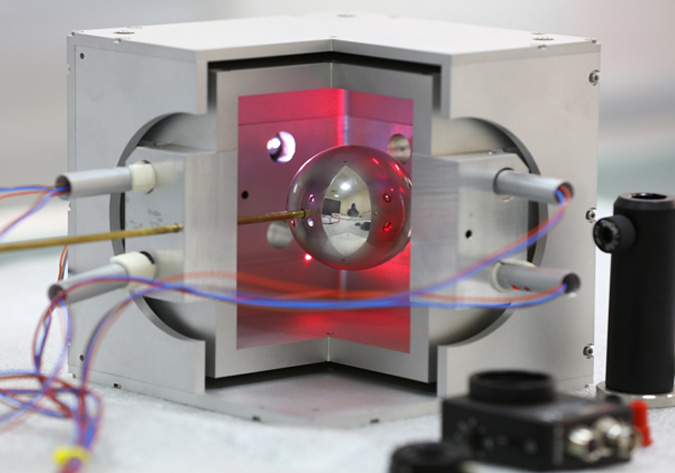
The goal of this project is to investigate and design novel Guidance, Navigation and Control approaches to meet the requirements of next-generation Distributed Space Systems. The research tasks uniquely leverage recent advances in estimation theory, vision-based navigation, and model predictive control to spacecraft navigation and control scenarios. The development of miniaturized distributed space systems by launching many small satellites that communicate with each other to enable formation flying objectives. This space system will allow for a platform that advances both space science and planetary exploration. To achieve the formation flying objectives, an accurate navigation system must be implemented, an example of such is with laser communication. In addition, attitude determination and control systems will be developed to meet the accuracy requirements where efficient propulsion systems are employed.
The project aims to develop prototype algorithms and software for high-precision centimeter level positioning and robust in the presence of maneuvers, absolute and relative orbit determination. The team has successfully completed and tested the Modular Gravitational Reference Sensor: Developed to be used in the next SaudiSat exploration which is made to be “Drag-Free” and only affected by the Earth’s gravitational force. This type of device contains a floating spherical mass inside a box that is included within the satellite structure. The mass is not disturbed by the space drag while the satellite is still influenced by the drag. Thus, the location of the mass will be changed according to the force and the direction of the drag.